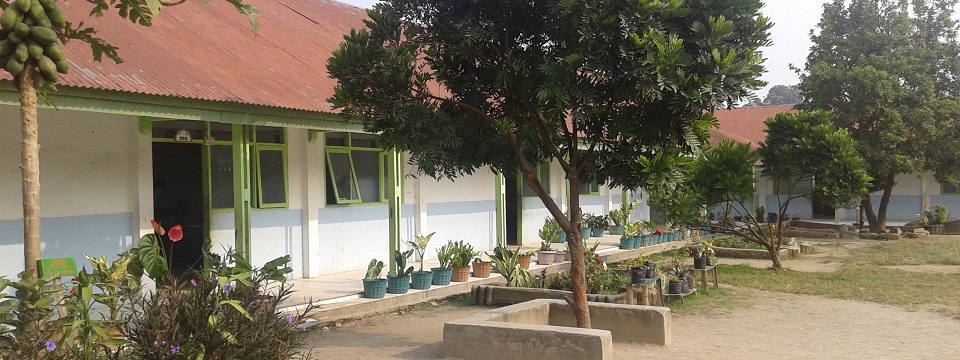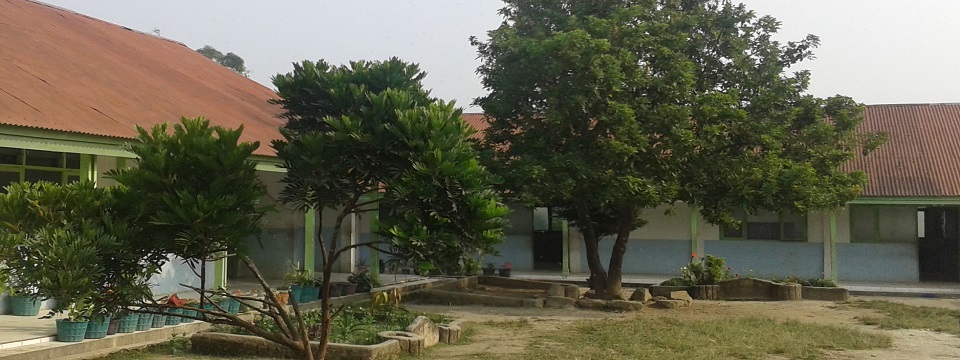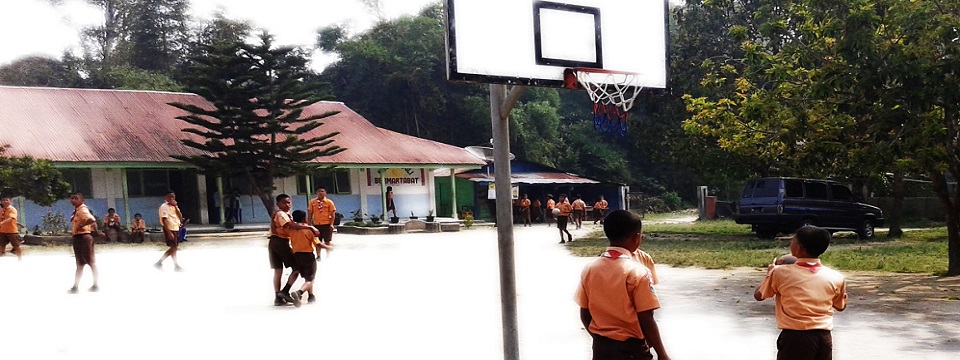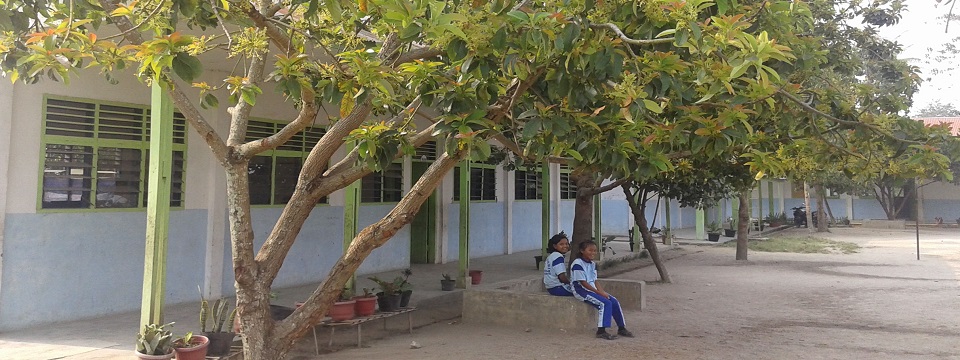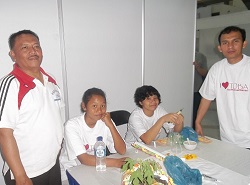Snails become one of the sworn enemy of the farmers because of the high risk of crop failure resulted in rice plants. However, so far the farmers still use pesticides that are harmful to plants and higher costs to eradicate the pest.
Once, a farmer in North Sumatera to find new solutions that offer a low cost and safe for health. The exterminator pesticides snails turned out weeds, familiar with Kipahit or Paet-paet leaves called by the people who live in the local area.
Departing from the accidental discovery, two students SMPN1 Sigumpar, North Sumatera, namely Melda Simanjuntak and Meilinda Simangungsong conduct advanced research. Based on their research, they found that if the leaves Kipahit indeed capable of being a repellent pesticide snails.
"At the beginning of the accident my father who cut leaf - Paet Paet because it is considered a weed in rice fields. Harvested leaves were falling on the ground and allowed to stand alone. Turns out, the next day being a pest snails in rice paddies die precisely because of the pile of leaves," Melda said, in the Indonesian Institute of Sciences ( LIPI ) , South Jakarta , Thursday ( 11/14/2013 ).
Under the guidance of Mr. Roy Siagian, they find a particular dose for Kipahit leaves to eradicate the snails. With a dose of 100 grams and 1,000 grams Kipahir leaves, 100 percent snails dead in one day. Thus, based on these studies, the dose required Kipahit leaves to 1 hectare (ha) of paddy is 1,200 kg. Not only can eradicate pests, Melda revealed that Kipahit leaves proven to contain C/N that are potentially as organic fertilizer and can improve the growth of rice .
However, Melda said, the study was limited to testing the efficacy of Kipahit leaves to eradicate snails. They did not discuss the ideal form of packaging Ki Bitter leaf in eradicating pests.
"There needs to be further research to facilitate the deployment of Kipahit dried leaves in rice by making these products into small tablets or solidified as fertilizers," Melda lid.
 SMPN 1 Sigumpar
SMPN 1 Sigumpar

